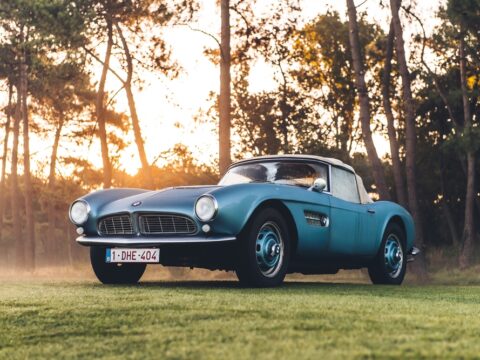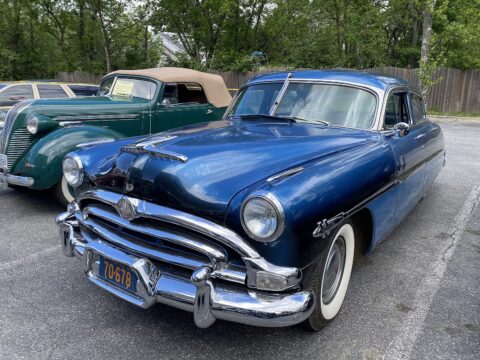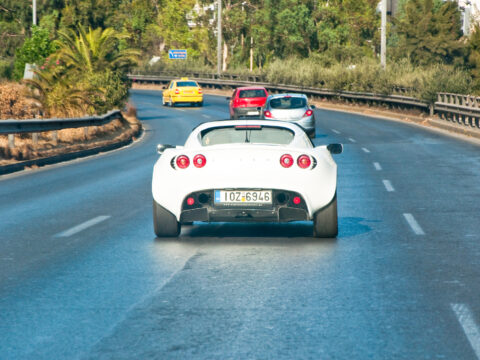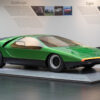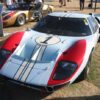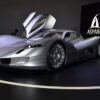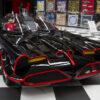Embark on a nostalgic journey through the annals of automotive history with ’10 Classic Cars That Deserve a Comeback.’ This article celebrates iconic vehicles that left an indelible mark on car culture, yet eventually faded from production lines. Each car on this list holds a special place in the hearts of auto enthusiasts. We delve into why these models, with their unique features, groundbreaking designs, and cultural significance, are ripe for a modern revival.
Contents
Datsun 240Z (1970-1973)
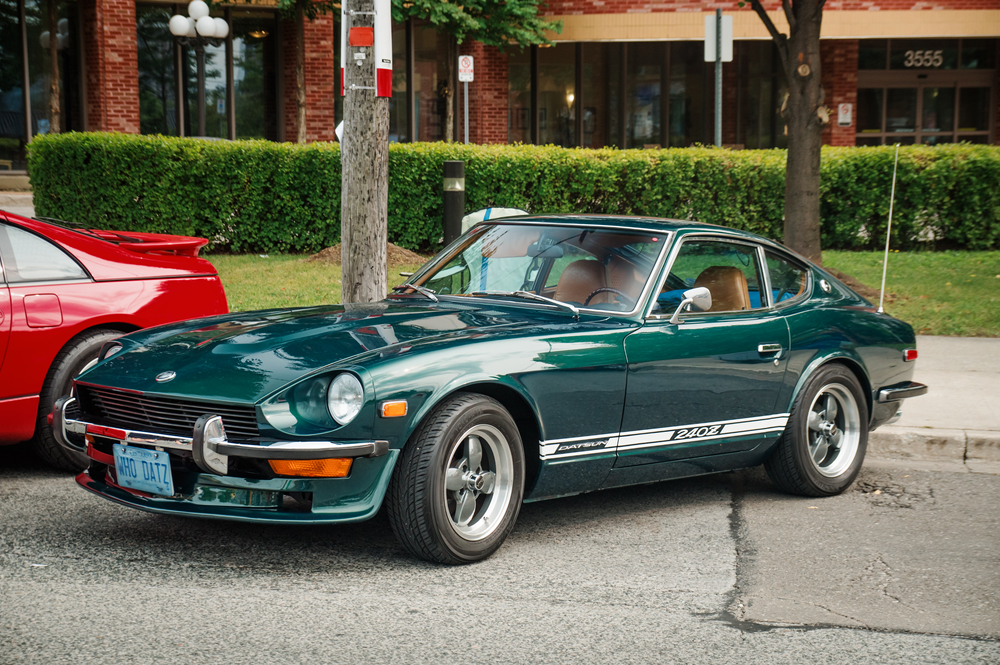
The Datsun 240Z, launched in 1970, was a groundbreaking sports car that combined style, performance, and affordability. With its sleek design, 2.4-liter inline-6 engine, and superb handling, it gained a cult following. Despite its success, the 240Z was phased out by 1973 as Nissan moved towards newer models. A comeback would be a nod to Nissan’s sports car heritage, especially as interest in classic Japanese cars continues to grow.
DeLorean DMC-12 (1981-1983)
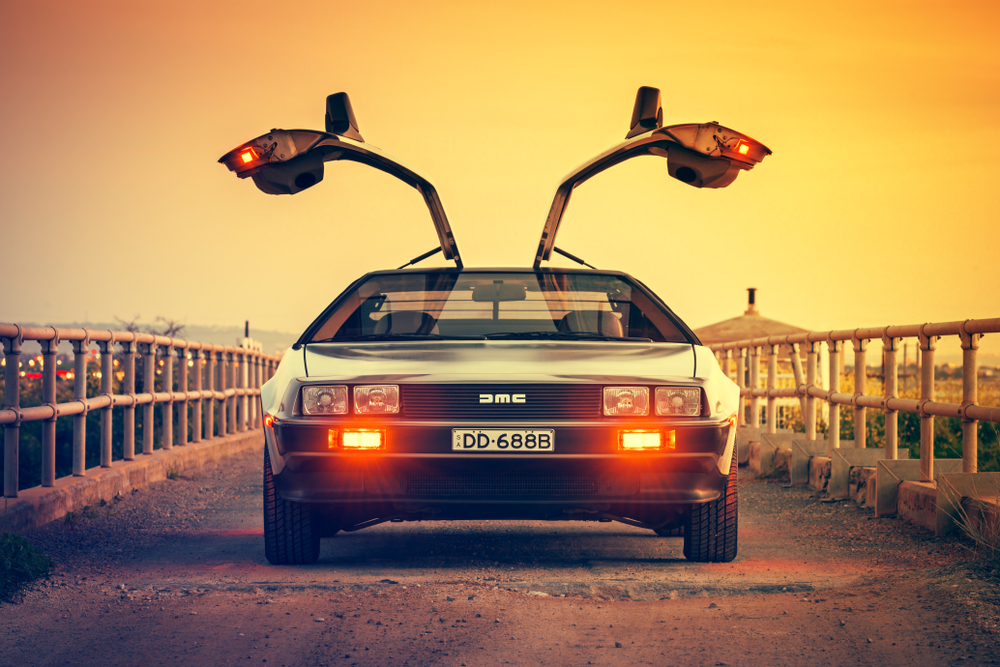
Known for its iconic role in “Back to the Future,” the DeLorean DMC-12, with its gull-wing doors and stainless steel body, became a symbol of the 1980s. It featured a rear-mounted V6 engine, but production ceased in 1983 due to financial and legal issues faced by the company. A modern DeLorean would be a celebration of this unique design and a tribute to automotive pop culture.
Ford Bronco (1966-1996)
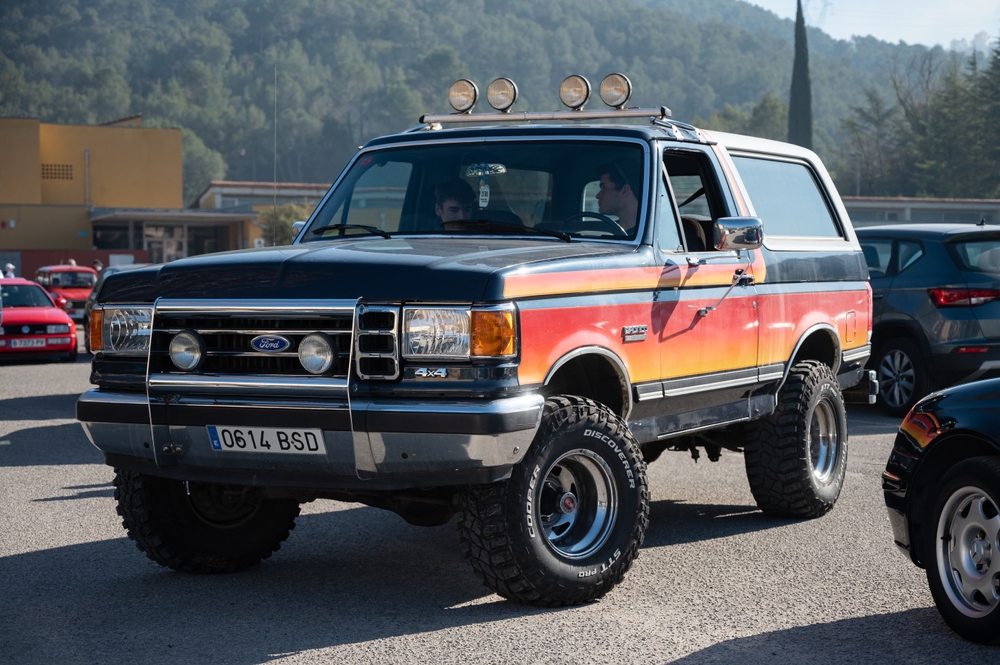
The original Ford Bronco, produced from 1966 to 1996, was a versatile and rugged SUV loved for its simplicity and off-road capability. It offered a range of configurations, from a powerful V8 to a more practical inline-6. Discontinued to focus on larger SUVs, the Bronco has since seen a resurgence in popularity. Its 2021 relaunch pays homage to the classic while integrating modern technology.
Toyota MR2 (1984-2007)
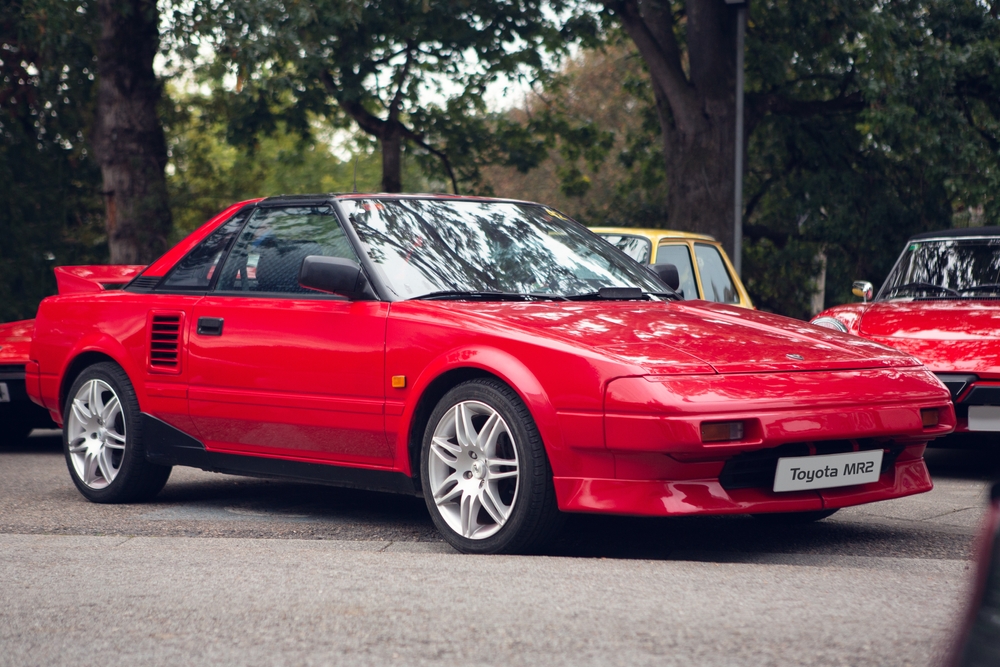
The Toyota MR2, known for its mid-engine layout and exceptional handling, was produced from 1984 to 2007. It offered a unique blend of sports car thrills and Toyota reliability. However, declining sales led to its discontinuation. In today’s market, where compact, affordable sports cars are scarce, a new MR2 would fill a significant niche.
Plymouth Barracuda (1964-1974)
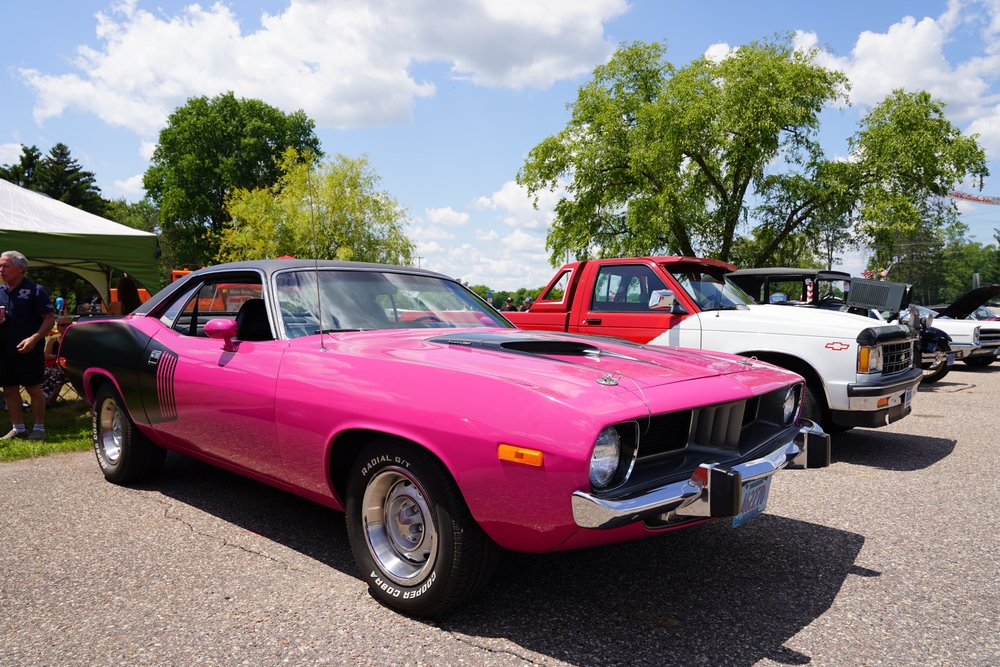
The Plymouth Barracuda, a muscle car icon, was produced from 1964 to 1974. It was known for its powerful V8 engines and competitive performance. The Barracuda was overshadowed by other muscle cars and eventually discontinued. A modern Barracuda could tap into the growing demand for retro-styled performance cars.
Alfa Romeo Spider (1966-1993)
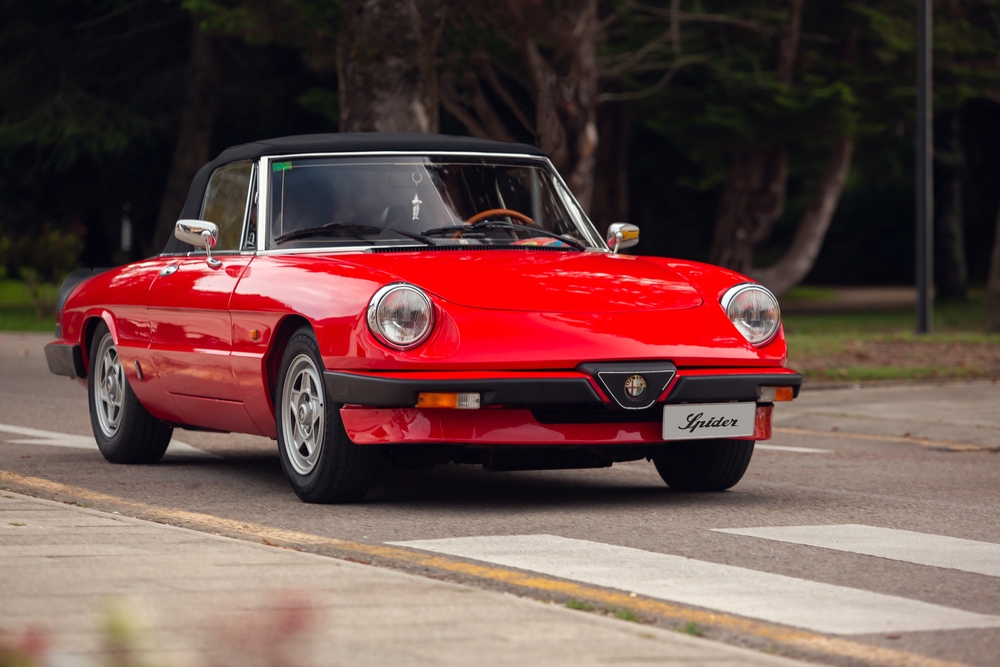
The Alfa Romeo Spider, produced from 1966 to 1993, was an Italian roadster known for its timeless design and engaging driving experience. Despite its popularity, it was phased out as Alfa Romeo restructured its lineup. A comeback would be a fitting tribute to Alfa Romeo’s rich history of producing elegant sports cars.
Chevrolet El Camino (1959-1987)
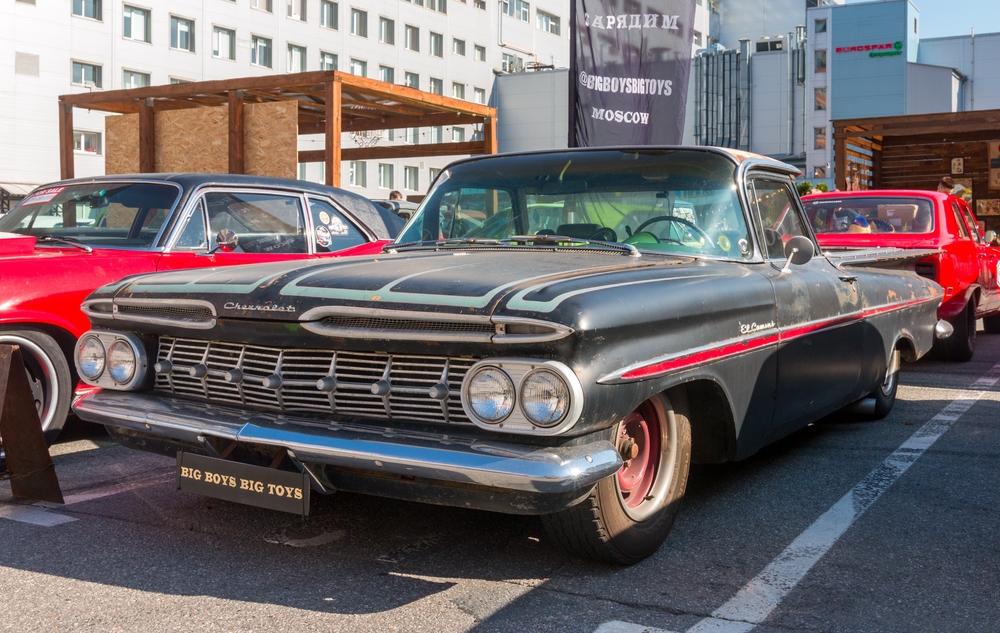
The Chevrolet El Camino, a unique coupe utility vehicle, was produced from 1959 to 1987. Combining the utility of a pickup with the style of a car, it was popular for its versatility. However, declining sales led to its discontinuation. A modern El Camino could appeal to those seeking a vehicle with both style and practicality.
Lancia Delta Integrale (1987-1994)
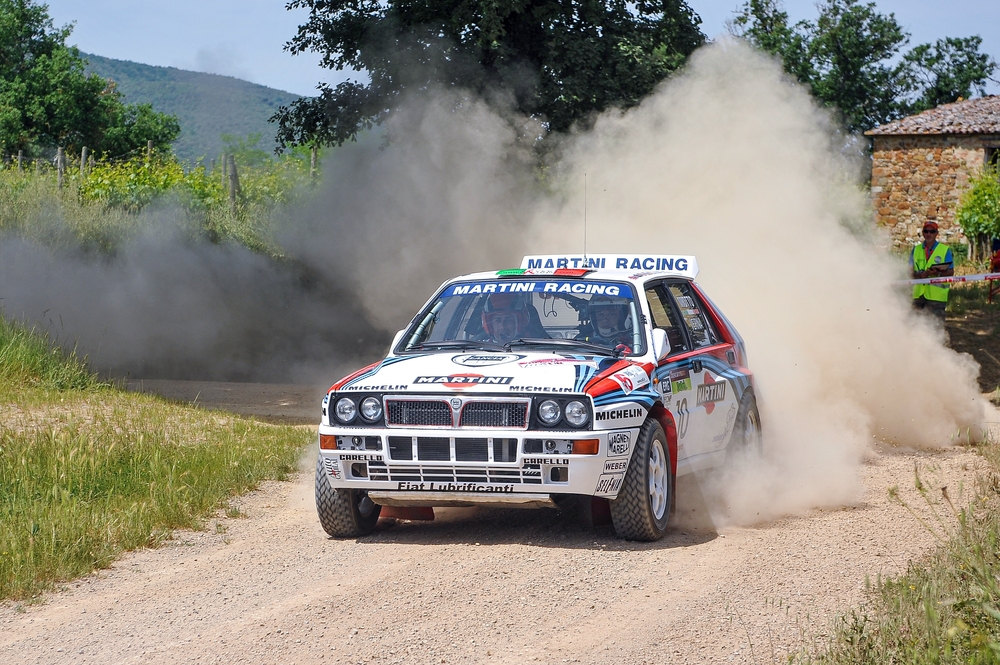
The Lancia Delta Integrale, a rally legend, was known for its all-wheel-drive system and turbocharged engine. Produced from 1987 to 1994, it dominated the rally world but was discontinued as Lancia shifted its focus. Given the current interest in rally-inspired cars, a new Delta Integrale could captivate a new generation of enthusiasts.
Saab 900 (1978-1998)
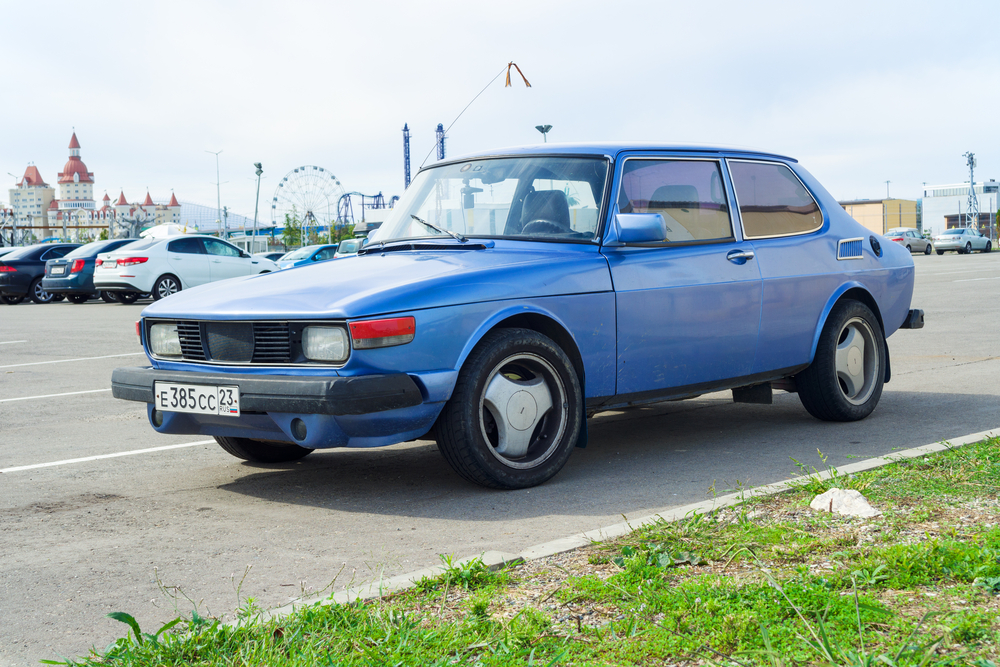
The Saab 900, produced from 1978 to 1998, stood out for its unique design and innovative features, such as its wraparound windshield and turbocharged engine options. However, it was phased out due to corporate shifts within Saab. A comeback would bring back a piece of automotive design that was distinctively Saab.
Mazda RX-7 (1978-2002)
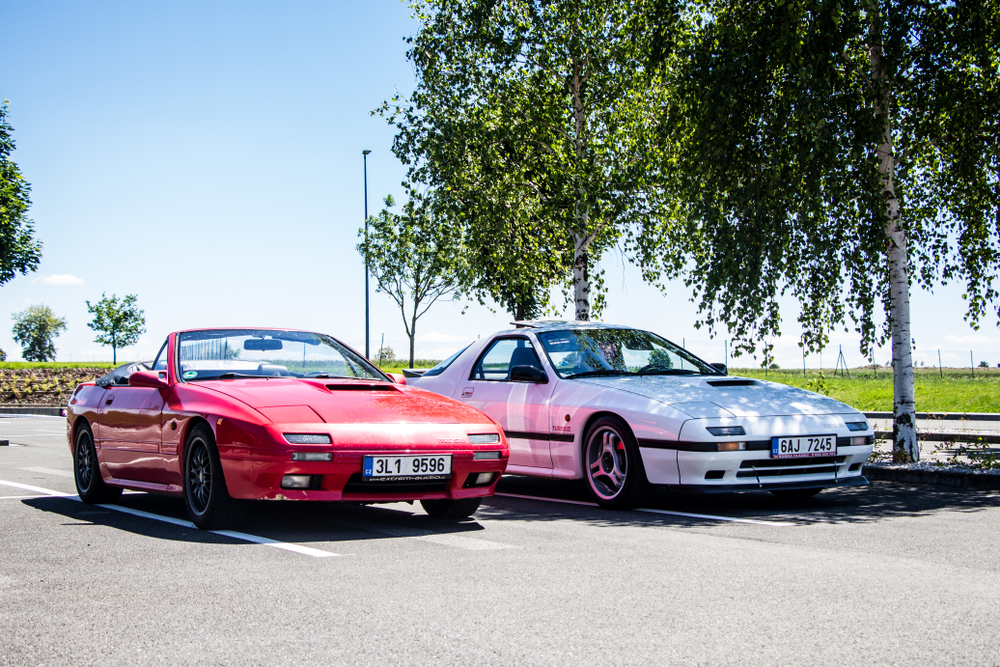
The Mazda RX-7, known for its rotary engine and sleek design, was produced from 1978 to 2002. It offered a unique driving experience but faced challenges due to emissions regulations. The RX-7 has a cult following, and its return would not only revive the rotary engine but also rekindle Mazda’s sports car legacy.
This article originally appeared on MyCarMakesNoise.
More from MyCarMakesNoise
10 Hybrid SUVs That Eco-Conscious Explorers Will Love

As the world pivots towards sustainable living, the automotive industry is no exception. Hybrid SUVs have emerged as the frontrunners of this green revolution, merging the expansive space and commanding presence of traditional SUVs with the eco-friendly efficiency of hybrid technology. Read More.
20 Cars That Were 1960s Flops

The 1960s were a legendary time for cars, known for iconic muscle cars like the Ford Mustang and Chevrolet Camaro. This era introduced groundbreaking designs and innovation. Read More.
The World’s Fastest Motorcycles Revealed

The world of motorcycles has witnessed some astonishing speed demons that push the limits of two-wheeled engineering. These lightning-fast machines captivate the imagination of riders and enthusiasts alike, blending raw power, aerodynamics, and advanced technology. Read More.

